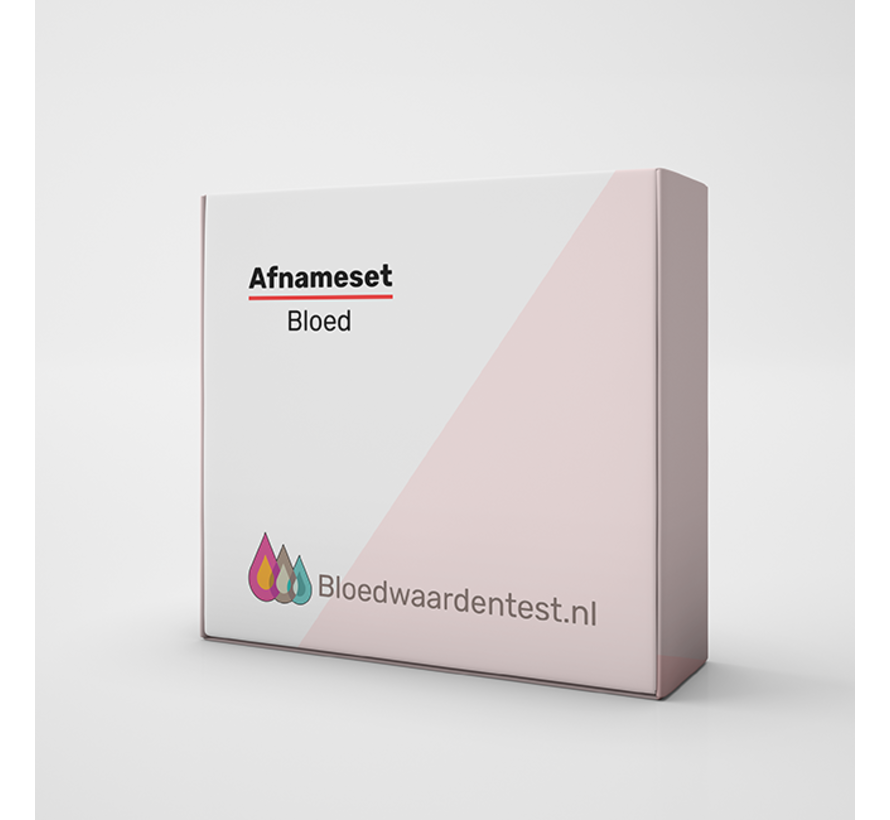Diphtheria antitoxins
Diphtheria antitoxins from serum
In the Netherlands, vaccination against diphtheria has been included in the national vaccination program since 1957. Before that, 100-10,000 people died annually from diphtheria.
In our country, according to the RIVM, no deaths from diphtheria have been reported since 1994.
Nevertheless, for admission to certain foreign hospitals, proof of sufficient immunity is required. That's why Blood Values Test offers this test.
The test is ONLY suitable for checking immunity status.
Assessment according to STIKO recommendations:
- 2.0 IU / ml: Refreshment after 10 years
Diphtheria is a highly contagious infection with a bacterium. The bacteria can be transmitted through coughing or touching. Usually the symptoms of the disease appear 2 to 5 days after infection. The bacteria often damage tissues, such as the skin or lungs. Before there was a vaccination against diphtheria in the Netherlands, many children died from it.
The location of the infection in your body often determines how sick you become. If the infection is in the throat, windpipe, or lungs, it can make you very stuffy and even kill you. The bacteria's poison can also damage the heart and nervous system. If the bacteria is only in your nose, you usually don't get very sick and no complications develop. With skin diphtheria, sores develop in the skin. The risk of death is greatest in young babies and the elderly.
Like many other infectious diseases, you run the risk of infection through:
- Sneezing and coughing by an infected person
- Kisses
- Skin contact with an infected wound
Animals can also have diphtheria. You can get it by:
- Contact with animals with diphtheria
- Drinking uncooked or pasteurized milk from an animal with diphtheria
Anyone who has not been vaccinated can contract diphtheria. Young babies and the elderly are especially at risk of becoming very seriously ill from an infection. The bacteria are sometimes found in cattle, horses, goats and sheep.
Someone infected with the diphtheria bacteria must be treated in the hospital. Often antibiotics and an antidote to the bacteria are given. Without timely treatment, you run the risk of serious complications, permanent damage and death.
Vaccination against diphtheria
The diphtheria vaccine is included in several combination vaccines (DTPDiphtheria, Tetanus and Poliomyelitis, DKTPDiphtheria, whooping cough, tetanus, polio, DKTP- HepB Hepatitis B- HibHaemophilus influenzae type b). There is no separate diphtheria vaccine. The vaccine is made from the poisonous substance (toxin) of the diphtheria bacteria. The vaccination makes sure that you make antibodies against it. As a result, you can no longer get diphtheria.
In the National Vaccination Program babies receive 4 vaccinations. During elementary school, children receive another vaccination at the ages of 4 and 9. Together, these vaccinations provide protection for at least 10 years. For extra protection, for example because of a distant journey, it is wise to have a repeat vaccination after 10 years.
The vaccinations for children are given at the Child Health Care Centre and at the Youth Health Care Centre or Municipal Health Service at the age of 9.





